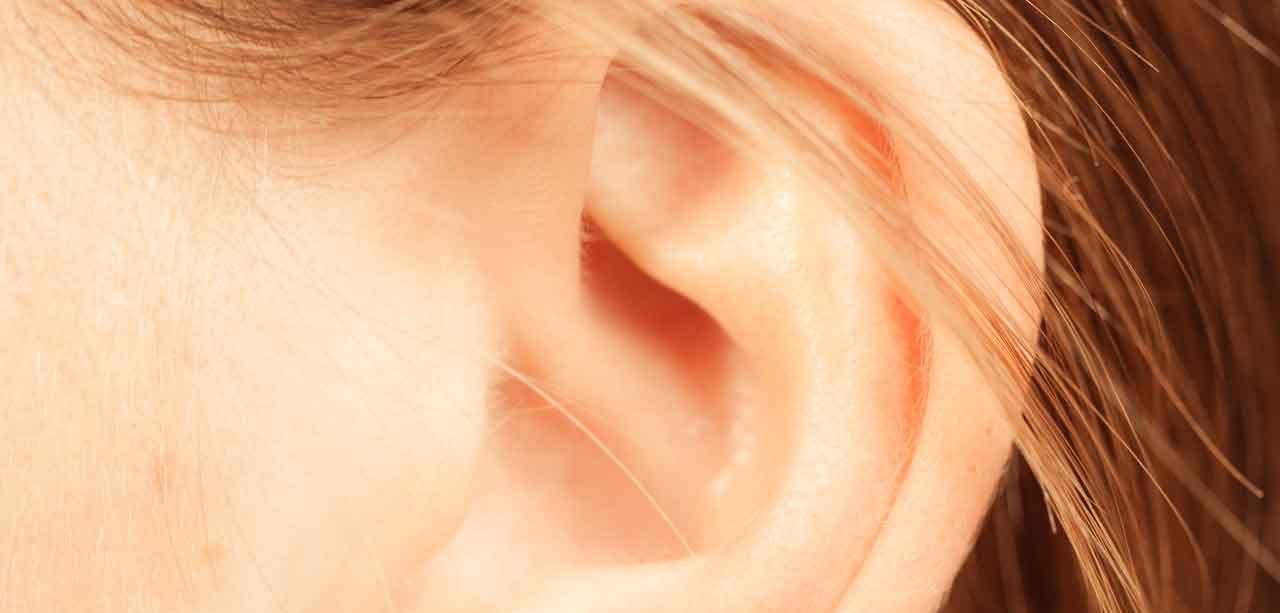Zika Virus Can Cause Ear and Eye Problems in Adults

Most adults infected with Zika have mild symptoms or none at all, although neurological problems rarely occur. But new research suggests Zika can harm adults’ hearing and vision, too.
Reports of new Zika cases have slowed down recently in most areas — but that doesn’t mean the virus isn’t still infecting people. The biggest worry about Zika continues to be medical problems in babies, especially the devastating birth defect microcephaly, resulting from prenatal exposure to the virus. However, ongoing research is discovering additional potential health consequences of Zika in all age groups.
YOU MIGHT ALSO LIKE: Does Zika Virus Cause Acute Disseminated Encephalomyelitis?
Adults infected with the virus usually have mild symptoms or none at all — but not always. They can rarely end up with the potentially paralyzing neurological disorder Guillain-Barré syndrome or acute disseminated encephalomyelitis, a condition which mimics multiple sclerosis (MS), from Zika. And now studies raise concern the mosquito-borne virus may trigger hearing loss and eye problems in adults, too.
A study by an international team (including researchers from Santa Izabel Hospital in Brazil, the World Health Organization, the University of Texas, and the Yale School of Public Health), published in the journal Clinical Infectious Diseases, details three cases of sudden and acute hearing loss in adults treated in a clinic in Brazil. Lab tests showed all three patients had antibodies to Zika in their blood, indicating they had been infected with the virus.
Two of the patients, both women in their 50s, suffered from itching, body aches, headaches, and dizziness for several days before suddenly becoming deaf. The good news is their hearing returned in about a month.
Another patient, a 23-year-old man, developed symptoms of Zika, including fever, itching, and aching all over. Then, two weeks later, he had difficulty hearing. The patient suffered acute hearing loss that lasted four days before improving. Audiometry tests, which measure a person's ability to hear different sounds, pitches, and frequencies, showed mild hearing loss in his right ear.
"This report of three cases indicates that transient hearing impairment may be a specific manifestation of acute ZIKA disease," the researchers concluded. They noted it will take more research to figure out how the virus can cause auditory dysfunction.
However, it’s not a complete surprise that Zika might impact hearing. Viruses are known to be a cause of labyrinthitis — irritation and swelling of the inner ear resulting in hearing loss. That condition, like the Zika-linked deafness, typically clears up over time.
Although serious eye problems that can potentially destroy vision have been linked to Zika in babies, eye symptoms in adults infected with the virus have mostly been limited to conjunctivitis (red eyes), which is usually not serious. But it turns out the virus could spell greater danger to adult eyes than previously thought.
YOU MIGHT ALSO LIKE: Can Casual Contact Spread Zika?
A 26-year-old American man developed eye inflammation and vision problems after becoming infected with Zika while on a trip to Puerto Rico, according to a report by National Institutes of Health (NIH) researchers, published in The Lancet. At first, the young man had only moderate symptoms of the virus, including red eyes. But two weeks after he first started feeling ill, the man’s vision was marred by flashes of light (photopsias).
An eye exam revealed the back part of the uvea, the thick middle layer of the eye that contains blood vessels, was inflamed in both of the patient’s eyes. This rare condition, posterior uveitis, is the kind of uvea inflammation most likely to cause vision loss, including blindness, according to the National Eye Institute. In addition, several mild lesions were found in the man’s left eye.
Topical steroids were used to treat the inflammation, and most of patient’s symptoms resolved in about a month. The lesions were reduced in size, too.
Making the right diagnosis of posterior uveitis when it’s present is crucial because the condition needs to be promptly treated to avoid vision loss, the NIH researchers pointed out in their paper.
“Our case highlights the need to monitor for visual symptoms in patients with Zika virus and to refer symptomatic patients urgently for ophthalmic assessment,” they concluded. “Visual symptoms and ocular findings might be the only manifestation of Zika virus infection in some patients.”
Visit the CDC’s Zika Update page for the latest information and research about the mosquito-borne virus.
Updated:
March 31, 2020
Reviewed By:
Christopher Nystuen, MD, MBA